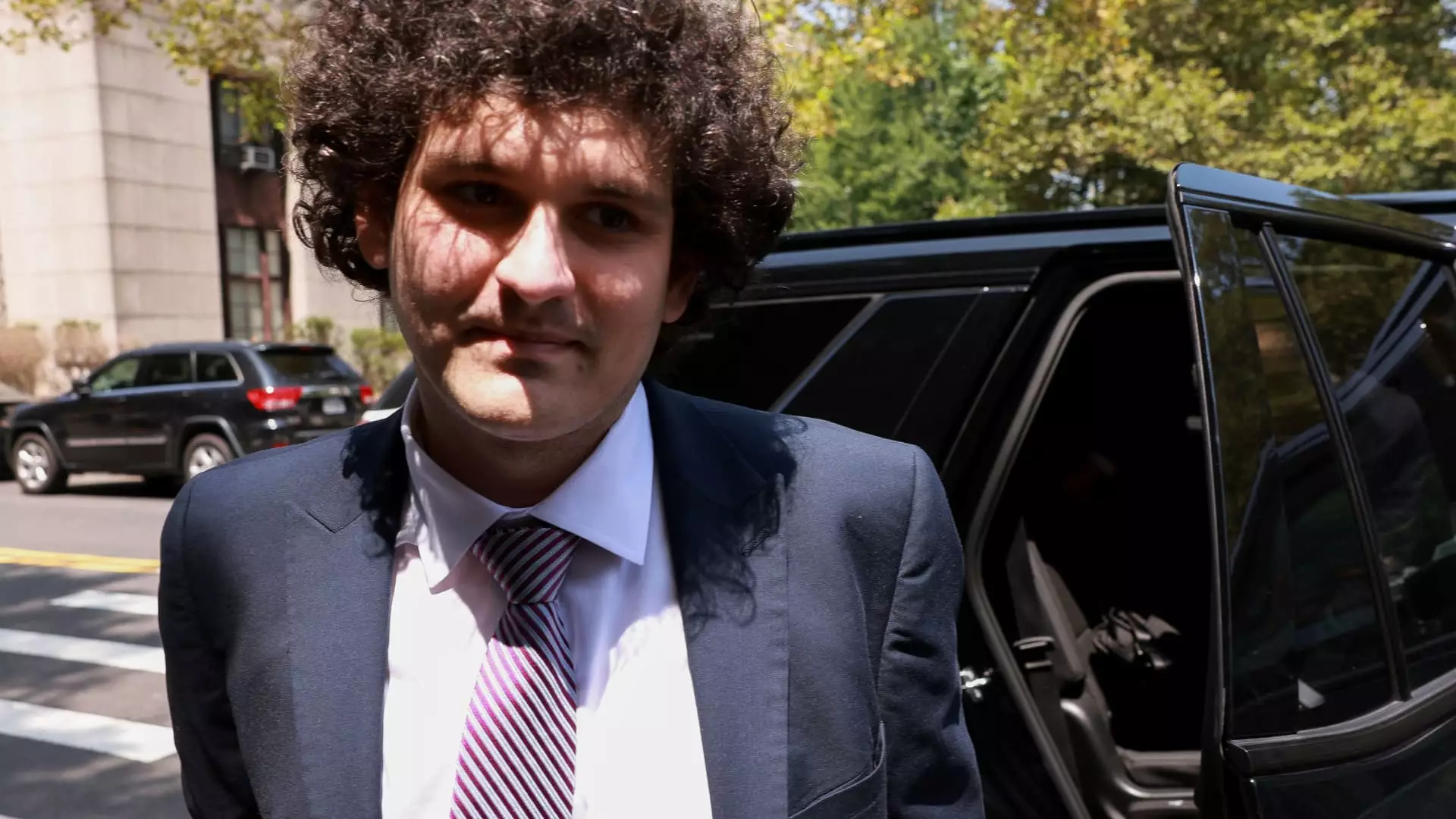After a month-long trial in November, Sam Bankman-Fried, the disgraced founder of FTX, was found guilty of all seven criminal counts against him. However, prosecutors have recently announced that they will not pursue a second trial against him. The decision was based on the fact that much of the evidence that would have been presented in a second trial had already been submitted during the first trial. Prosecutors also noted that the Court could consider the hundreds of exhibits already entered into evidence during the sentencing phase. This move aims to expedite the resolution of the case.
Sam Bankman-Fried, a 31-year-old son of two Stanford legal scholars and a graduate of the Massachusetts Institute of Technology, built a name for himself as the founder of FTX. However, his career took a turn when he was convicted of wire fraud, conspiracy to commit wire fraud, conspiracy to commit securities fraud, conspiracy to commit commodities fraud, and conspiracy to commit money laundering. These charges were all tied to the collapse of FTX and its sister hedge fund Alameda. Despite pleading not guilty, the jury unanimously found him guilty in just a few hours of deliberation.
With the decision not to pursue a second trial, the question of prison time now lies in the hands of Judge Kaplan. The sentencing date is set for March 28, and Bankman-Fried faces more than 100 years in prison. Legal experts believe that the overwhelming consensus of the jury could influence the severity of the sentence. Yesha Yadav, a law professor at Vanderbilt University, suggests that the judge may be more inclined to impose a severe sentence in line with the statutory maximum, given the unanimous guilty verdict.
While the statutory maximum sentence for Bankman-Fried’s crimes is around 115 years, the actual sentence will depend on various factors. Renato Mariotti, a former prosecutor at the U.S. Justice Department, believes that Bankman-Fried could spend the next two or three decades in prison due to the immense scale of his fraud and his uncooperative behavior during the trial. The sentencing guidelines provide an indication, but the judge has discretion to consider all circumstances surrounding the offense and the offender. Factors such as the number of victims, the financial impact, and the extent of the damage caused will play a role in determining the final sentence.
Bankman-Fried’s case has drawn comparisons to other high-profile white-collar crimes. Elizabeth Holmes, founder of Theranos, was convicted on four counts of defrauding investors and sentenced to more than 11 years in prison. However, legal experts believe that Bankman-Fried’s case may result in a harsher sentence due to the staggering amount of losses suffered by small investors. The comparison to Bernie Madoff, who received a 150-year sentence, highlights the potential severity of Bankman-Fried’s punishment.
Ultimately, the judge’s decision will be guided by the need to punish Bankman-Fried, deter future offenders, and promote respect for the law. Factors such as the defendant’s age and the potential for rehabilitation may also be considered. Former Assistant U.S. Attorney Kevin J. O’Brien suggests that Bankman-Fried may have a chance at a shorter sentence, citing his age and the possibility of living a full life after his prison term. However, the enormity of the crimes committed and the impact on victims could push the judge toward a lengthier sentence.
As the date for Sam Bankman-Fried’s sentencing approaches, uncertainty looms over his future. With the likelihood of a significant prison sentence, his career in the cryptocurrency world has come to a definitive end. The collapse of FTX and the consequences of his fraudulent actions have tarnished his reputation and serve as a reminder of the consequences faced by those who engage in such behavior. Bankman-Fried’s case serves as a cautionary tale in the world of finance and highlights the importance of ethical business practices.

Leave a Reply